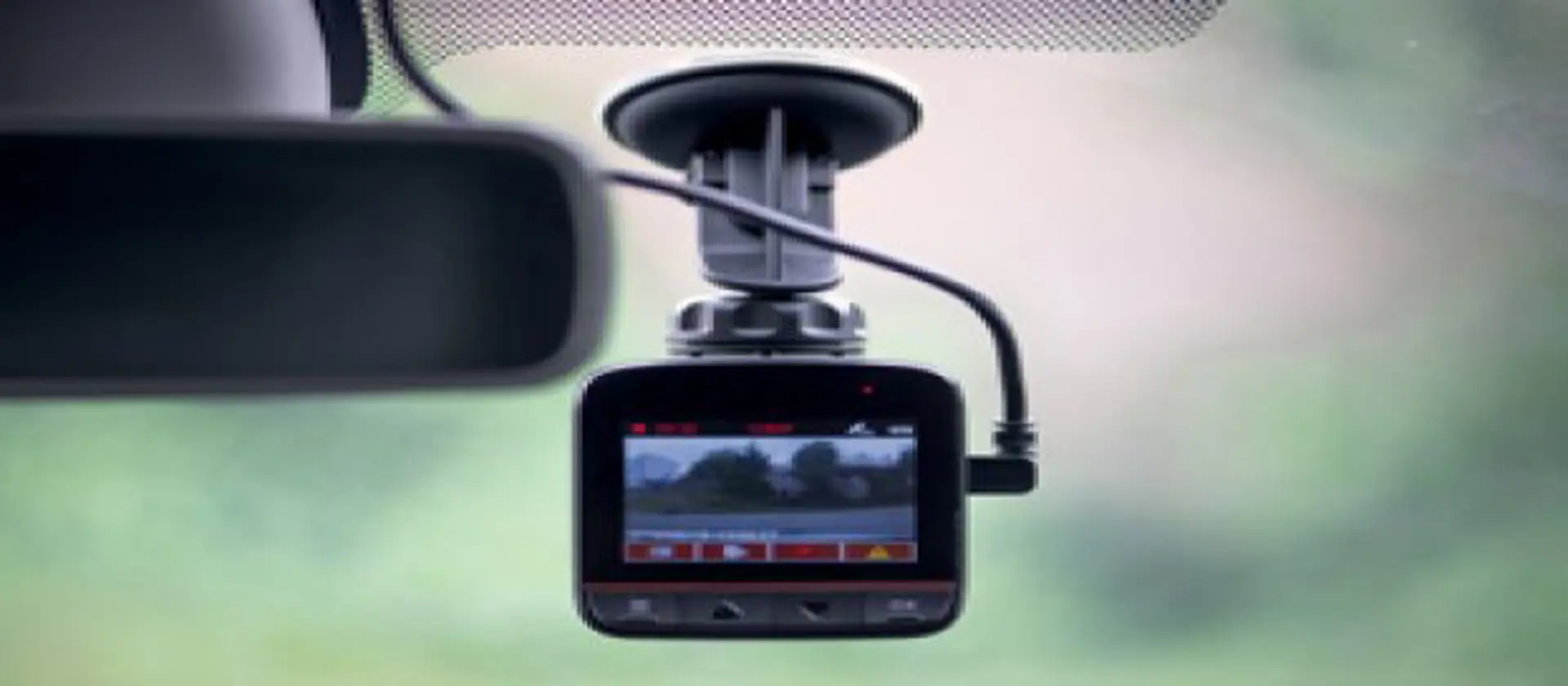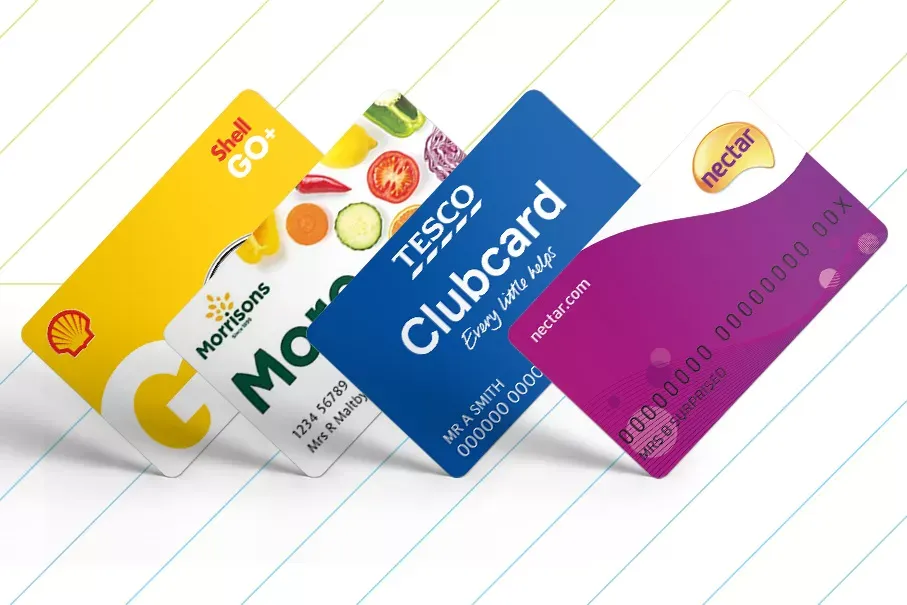
23/02/2017
We look at how fleets can use them to prevent accidents or how they can be used when accidents do occur, in particular for insurance purposes.
For many businesses, installing a dash cam provides protection from crash-for-cash scams, which have unfortunately become more prevalent in recent years. Put simply, this is where an accident is deliberately staged so the driver who is following can be blamed for smashing into another. It usually involves someone slamming on their brakes suddenly or unnecessarily. A forward-facing camera eliminates this problem, and clearly shows any need in which the brakes should be slammed on.
Where there’s a claim
A dash cam can help clear up accident insurance claims. The insurance company will be able to view cold hard evidence and come to a fair judgement. As a result, disputes or disagreements are reduced to a minimum.
It also speeds up the whole insurance claims process. With dashboard cameras in fleet vehicles, there’s no need for collecting and collating written evidence from each and every party involved - Leaving you more time to concentrate on greater issues to do with your business.
According to Nextbase, the average time from claim to payout is usually six weeks, but when cars are fitted with dash cams this reduces to 6-7 days.
Reduced insurance premiums.
One of the biggest problems associated with crash-for-cash incidents is that it increases insurance premiums for innocent drivers, as the cost of compensation needs to be recovered from somewhere. Thankfully, the insurance industry is starting to recognise that dashboard cameras can help solve this ongoing problem and is willing to pass on savings to those who install systems in their vehicles.
One leading insurer offers customers a 10% discount, which means a saving of £33 a year for the typical motorist. We believe that this saving will be soon applied to commercial vehicles.
Driver training
When it comes to training new or younger drivers, nothing compares to getting behind the wheel and experiencing life on the road first hand. Footage from a dashboard camera can also be an invaluable learning tool, which will provide in-depth insights into various incidents. A trainee driver can learn what to do in different situations without putting the vehicle or other road users at risk. A dashboard camera may even eliminate the need for other training courses or classes, which can often be an expensive drain on time, money and resources.
More reasons
Vehicle cameras undoubtedly have an effect on driver behaviour. By their very existence, they reduce accident frequency and can identify poor driving skills.
Moreover, they can reduce fuel costs, maintenance costs and Improve corporate social responsibility.
Gary Humphreys, Group Underwriting Director for Markerstudy Group, said: "These cameras are a cheap and effective device to help innocent motorists and we expect they will become more commonplace. Camera technology adds a visual element in helping insurers decide fault in the event of an accident, as well as providing individuals with evidence following road rage incidents or dangerous driving. We have had claims for incidents on roundabouts and over lane discipline where the camera has proven vital in determining liability and has enabled us to avoid long drawn out disputes." Mr Humphreys adds that cameras help protect drivers against the scams which have now become a £1 billion industry. He remarks: "The cameras can help protect drivers against 'cash for crash' scenarios. This includes deliberate severe braking in front of a driver to instigate a 'slam on' and subsequent whiplash injury claims. They can also guard against 'flash for cash' claims where a driver flashes to let another out of a junction and then crashes into them on purpose."
Fleets on average pay 30% more on insurance premiums than private buyers, usually due to the increased number of miles drivers typically travel each year. Although fleets may not be able to reduce annual mileage, in-car cameras can be a cost-effective alternative when it comes to reducing premiums, especially if fleet managers don't have the resources to install telematics systems. According to Nextbase, the average time from claim to payout is usually six weeks, but when cars are fitted with dash cams this reduces to 6-7 days.
Did you know?
You can buy dash cams at most Tesco PFS’s.


